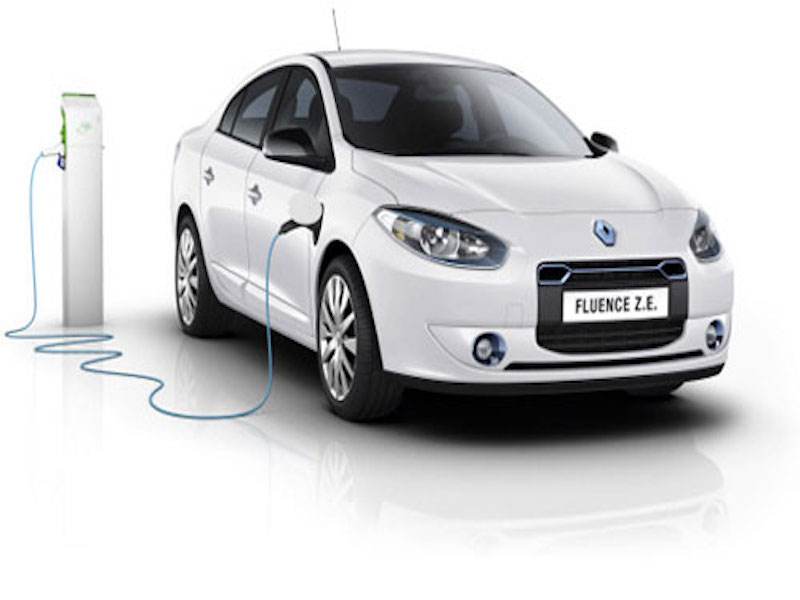Global shift in transportation takes root as electric car ownership grows 120% annually in last 2yrs
July 31, 20172.1K views0 comments
The switch from horses to automobiles in the 20th century paved the way for the rise of oil-based transportation and energy use. Today, electric vehicle ownership is picking up speed with annual growth estimated at 120 percent, according to the findings of a working paper of the International Monetary Fund (IMF), quoted by in IMFBlog.
The blog seen by businessamlive, postulate that greater affordability of electric vehicles will likely steer us away from our current sources of energy for transportation, and toward more environmentally friendly technology, which it claims can happen sooner than you think.
“Even as Tesla spearheads the transition to electric vehicles, the auto industry is also focusing greater attention on electric vehicles and rapidly increasing the number of models offered, including SUVs,” the blog said, adding that as recently as last month, Volvo announced that it would produce only electric or plug-in hybrids as early as 2019.
The IMFBlog specifically claims that the transition away from motor vehicles could happen in the next 10 to 25 years, based on parallel shifts in the 20th century.
“Patterns observed in the early days of the horse-car transition closely resemble present-day electric vehicle adoption rates. Between 2011 and 2015, the average annual growth rate of electric vehicle ownership was 120 percent.
Read Also:
“This is, in fact, slightly faster growth than that of motor vehicles during a comparable timeframe in the past,” the blog stated.
Using the horse-car parallel, the IMF working paper forecasts that by 2040 motor vehicles could mostly disappear in advanced economies, and could comprise about a third of the fleet of all cars in emerging market and developing economies.
Meanwhile, many countries are running with the idea. Both the U.K. and France are aiming to phase out diesel and gas vehicles by 2040. China has become the largest market for electric vehicles, and India recently announced ambitious plans to get millions of electric vehicles on the road by 2030. Every month seems to bring news confirming a global shift in transportation technology.
But the switch to electric cars has deep implications for the auto industry, climate change, and the oil market.
“The auto industry must shift gears to deal with potential disruption. Electric cars take fewer parts to produce, and require less maintenance than motor vehicles. Therefore, investment in people is critical—whether job training or reskilling programs—to enable workers in both advanced and emerging market economies to work with new technologies, such as self-driving cars and in industries such as battery production,” it advised.
At the same time, the environmental benefits could be huge, leading to reduced emissions over time, and helping achieve the climate change goals of the Paris accord. What this means is that policymakers and businesses must anticipate the potential consequences of the rise of electric cars and start implementing the right policies for a smooth ride.
